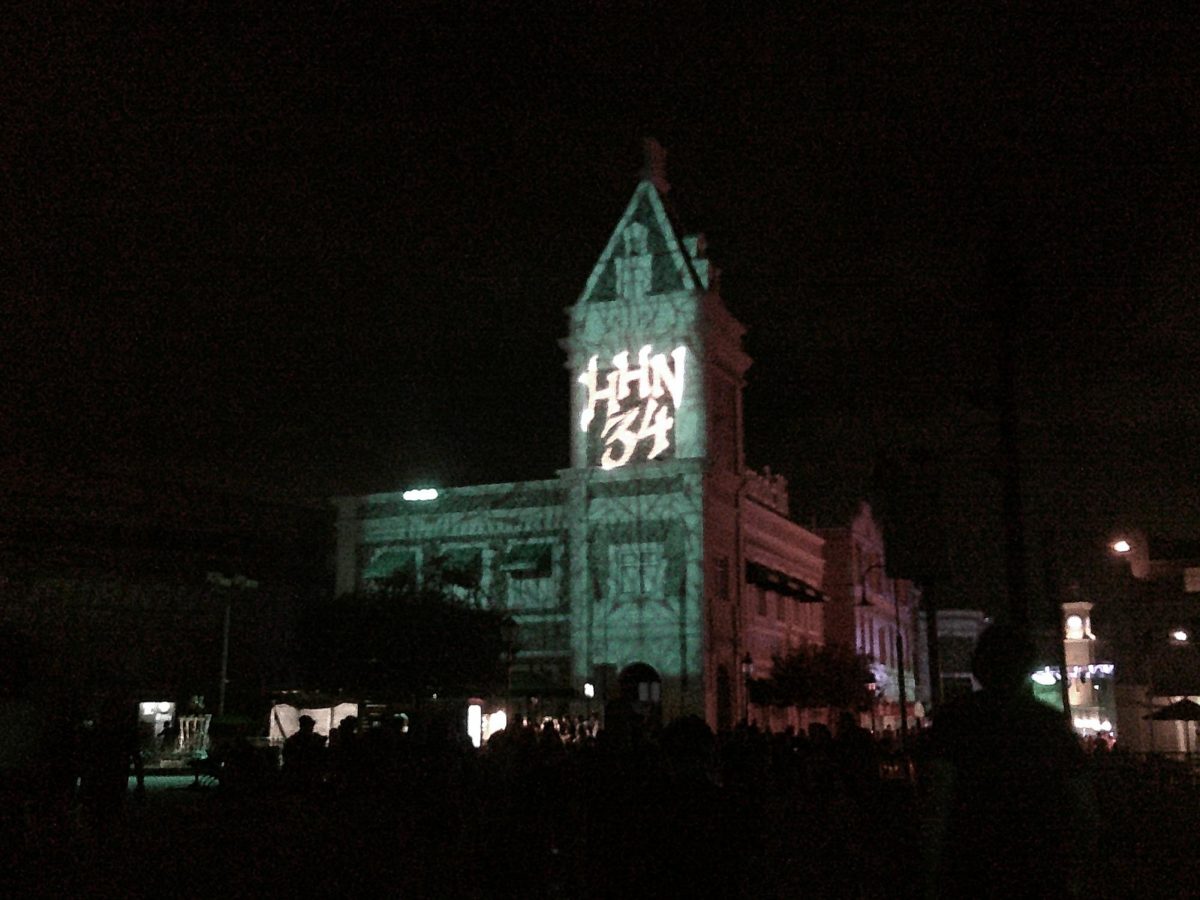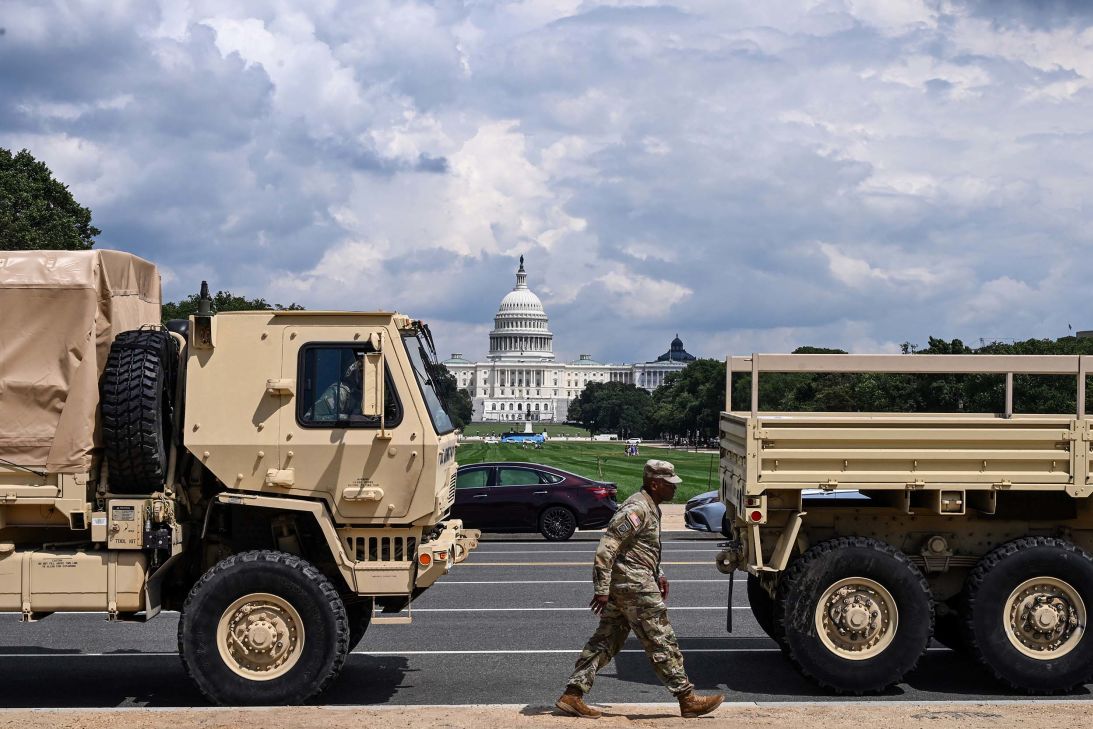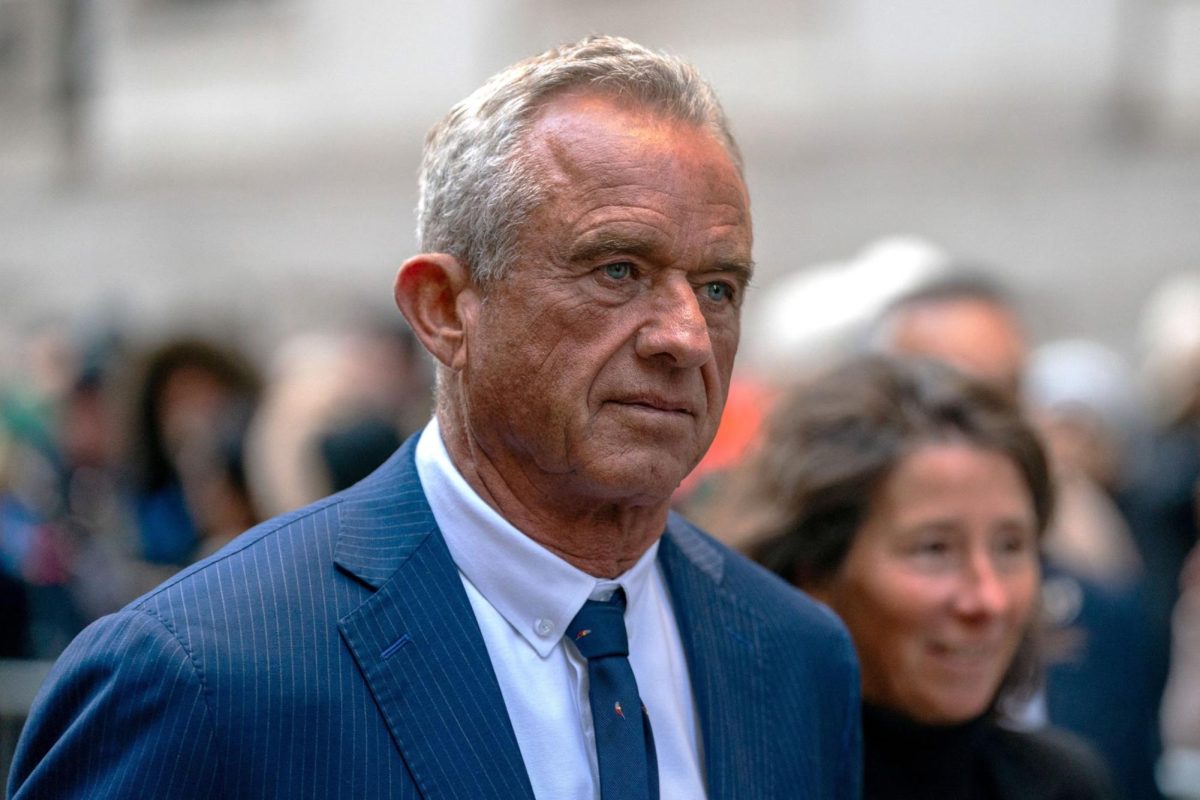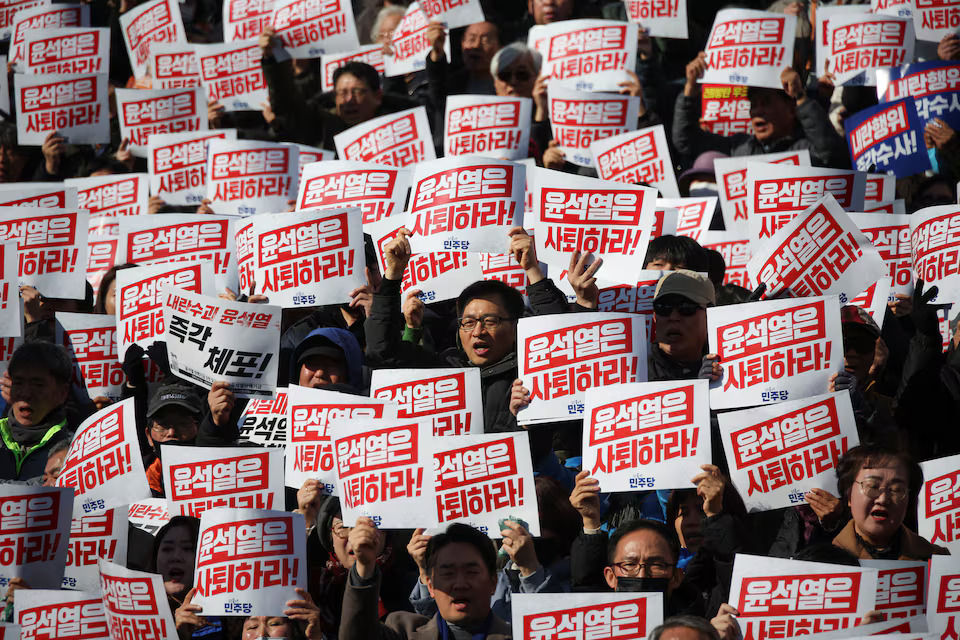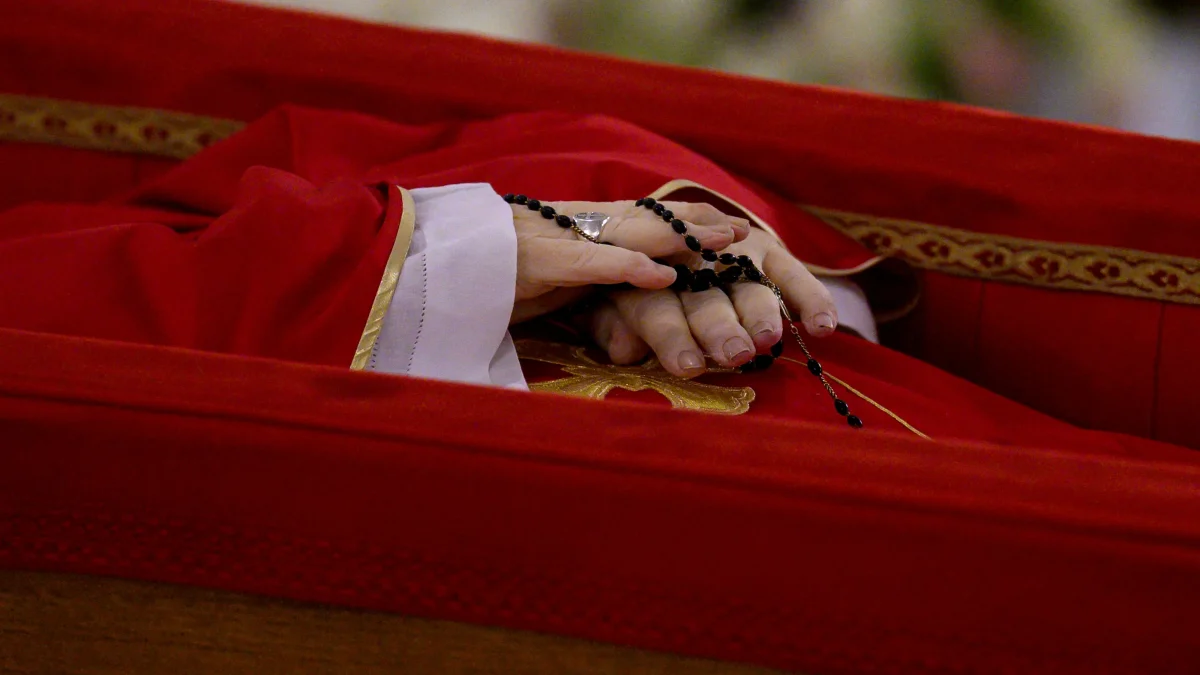On Tuesday, December 3rd, Yoon Suk Yeol, president of South Korea, declared martial law in an unannounced televised address. In his declaration he accused the majority party of the South Korean National Assembly of conducting “anti-state” activities, and citing the need to protect the country from “North Korean communist forces.” The order included the prohibition of any political activities, including the gatherings of the National Assembly and local legislatures, and the suspension of the free press.
Despite efforts by the South Korean military to prevent lawmakers into the national assembly building, martial law was lifted hours later by a unanimous vote of all 190 attending legislators. The National Assembly then stated it would begin impeachment proceedings against Yoon if he did not resign. Spokesman of the South Korean Democratic Party Lee Jae-myung stated, “President Yoon Suk Yeol’s martial law declaration was a clear violation of the constitution. It didn’t abide by any requirements to declare it. It was a grave act of rebellion and provides perfect grounds for his impeachment.”
If two-thirds of the 300 lawmakers in the National Assembly vote for the motion, Mr. Yoon will be impeached and suspended from office until the country’s Constitutional Court makes a final ruling on whether to reinstate or remove him. All 192 opposition lawmakers support impeachment, but they need at least eight votes from members of President Yoon’s People Power Party to impeach him. Many of Yoon’s cabinet members have resigned in light of investigations into those involved with the martial law decree, including Defense Minister Kim Yong-hyun, who announced his resignation on Thursday, December 5th.





